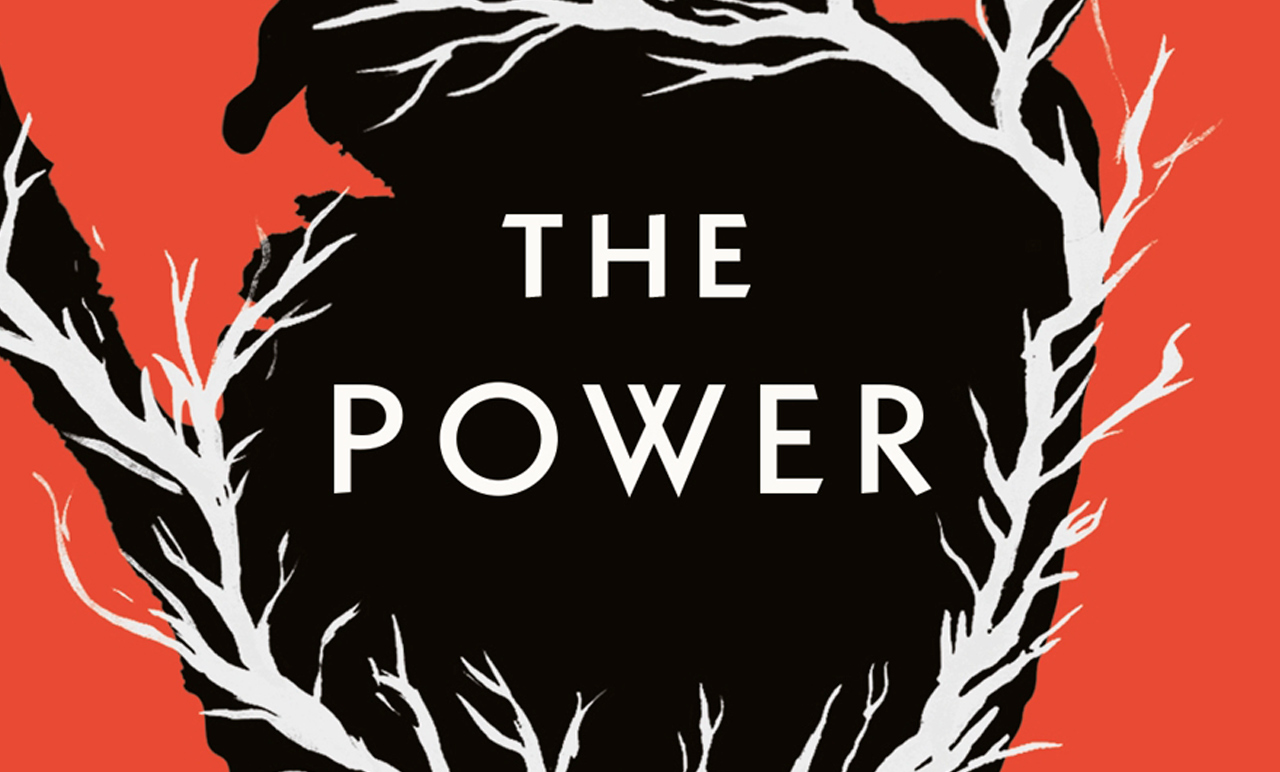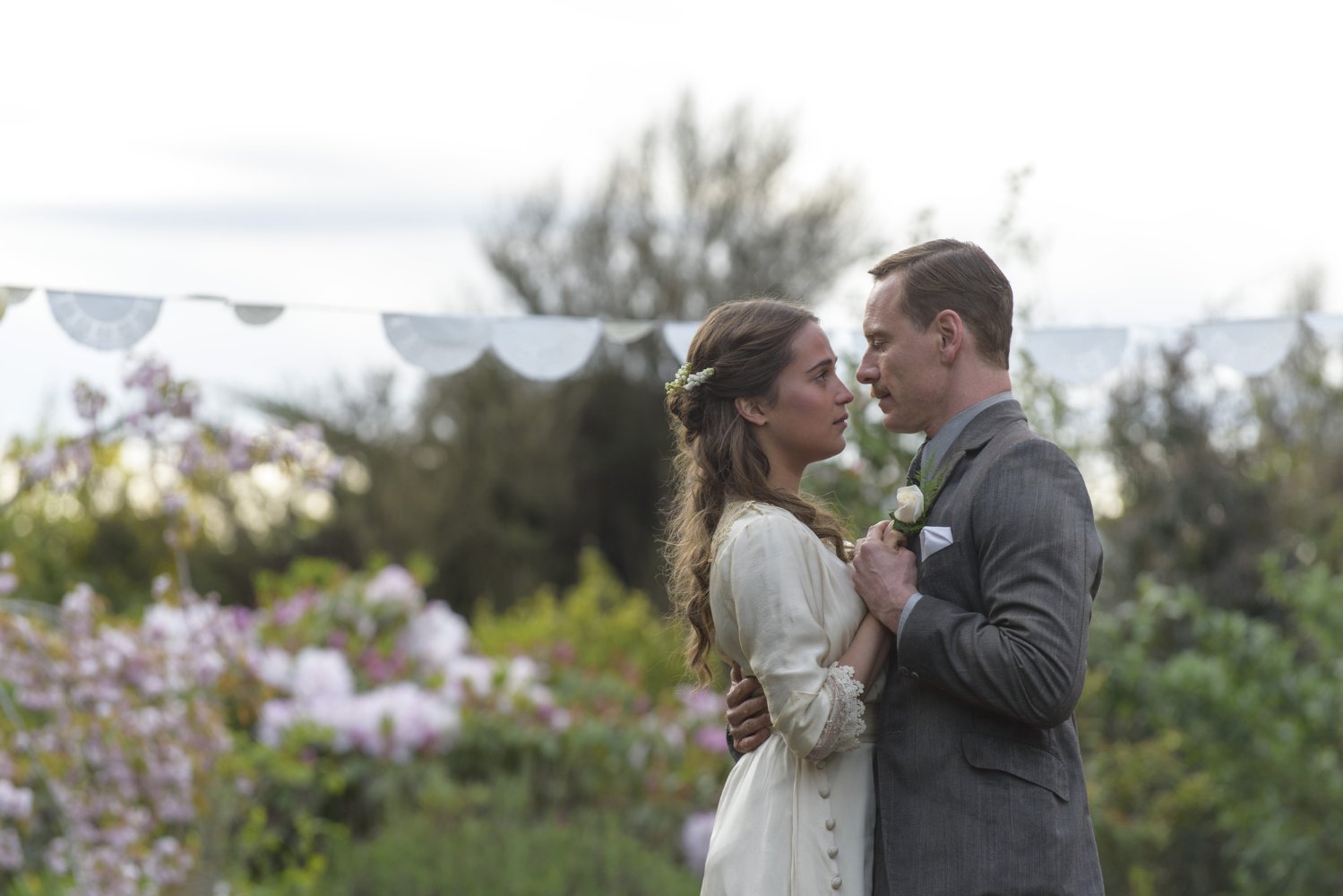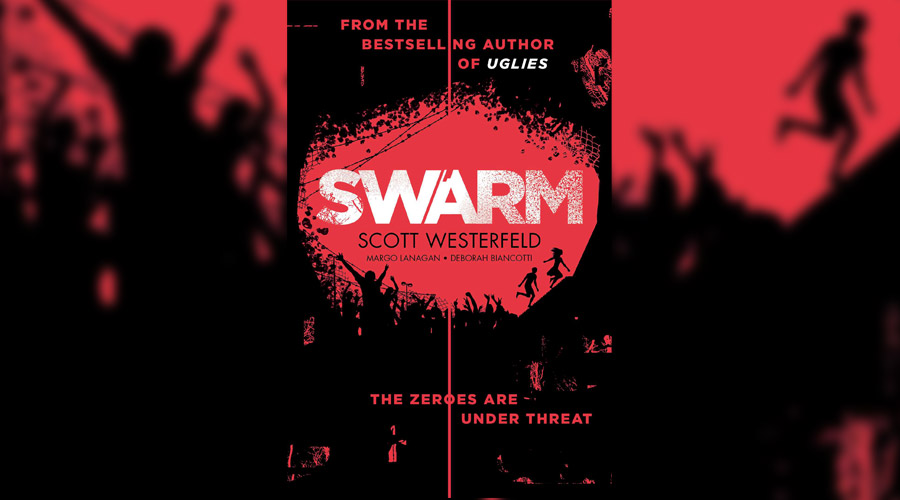Book Review: The Power by Naomi Alderman

It doesn’t feel like a coincidence that Naomi Alderman’s The Power was published so close to the US presidential elections. The themes explored in the book are particularly pertinent given that we still live in an age where educated people would rather elect a man with no political experience over a woman who has it in spades. Whilst Alderman’s fourth novel doesn’t actually have anything to do with Clinton, Trump or the future-shaping elections, the subject of female empowerment and righting the wrongs perpetrated by powerful men is very much at the heart of this story.
When teenage girls start discovering that they have the ability to strike anyone down with the simple touch of their hand, an initially contained situation evolves into a global phenomenon. The young women awaken the power in their mothers and grandmothers, and soon the entire female population is given the capacity to electrocute anyone who crosses them. Dominated, belittled and abused women are suddenly able to take back control from their oppressors, and the male demographic is rightfully scared, leading to chaos and violence across the globe.
The book moves between multiple female characters as the power shifts and discontent builds. In England we follow Roxy, who’s caught up in her father’s shady underworld and wants to avenge her mother’s murder. Across the pond in America is politician Margot, who discovers that her newfound strength gives her an electoral advantage. Then there’s Allie, or Mother Eve as she’s soon branded, a troubled runaway who becomes the leader of the female revolution, a spiritual messiah-like figure manoeuvring her minions to form a new world order.
Documenting the chaos and conflict across the world is Nigerian journalist Tunde, who wants to record the events from both sides – the female and the male perspective – and eventually collect it into a historical book for future generations. If he can make it out alive. Crossing years and continents, the different characters converge and deviate as the old way is disbanded and a new belief system emerges. But is it the right way forward? And is this new woman’s world a better place?
“The shape of power is always the same; it is the shape of a tree. Root to tip, central trunk branching and re-branching, spreading wider in ever-thinner, searching fingers.”
In a story so focused on empowering women, it’s ironic that the most diplomatic and peaceful voice actually comes from Tunde, the only man (except Roxy’s brother, Darrell) who’s given chapters of his own. He details the events from an unbiased viewpoint, understanding the oppression women have been subjected to but acknowledging that their new power might do more harm than good. In many ways, his voice is the most compelling because he has no agenda. He just wants to tell the story of the changing world.
The constant flitting between characters and countries has a stop-start nature that’s initially difficult to get stuck into. It often feels like there’s too much going on in the plot, with not enough time spent with any one character, but this also helps to create the global scale that’s essential to the story and its conclusion. The Power isn’t about just one character and their plight. This is a book about women collectively rising up, fighting back and refusing to let the past dominate their future. It’s taken to extreme, frequently disturbing levels (drug manufacturing, sexual violence), yet the issues explored are relevant to the world we’re currently living in.
Female empowerment and theology might be at the story’s core but this is also a tale about healing and humanity, about not letting power steal the compassion and empathy we should extend to each other, regardless of gender. The Power is a thought provoking, brutal and clever novel that will leave you pondering the ever-constant battle of the sexes.
★★★★
The Power was published by Viking on 27 October 2016


